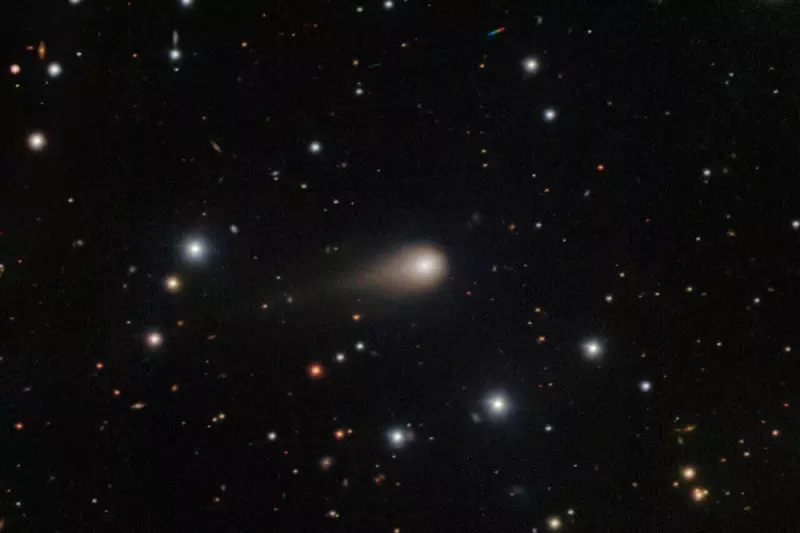
In a landmark moment for European space exploration, the ExoMars rover Rosalind Franklin has successfully launched from Cape Canaveral, Florida, embarking on a daring mission to answer one of humanity's oldest questions: has life ever existed on Mars?
A European Triumph in Space Exploration
The European Space Agency's most ambitious Martian venture yet blasted off aboard a Proton-M rocket, beginning a seven-month journey through space before attempting what scientists describe as "the most challenging landing ever attempted on Mars."
Unlike previous missions, Rosalind Franklin carries a unique capability that could revolutionise our understanding of the Red Planet. The rover is equipped with a sophisticated drill capable of reaching up to two metres beneath the Martian surface - far deeper than any previous mission.
Searching Beneath the Hostile Surface
"This is where the real potential for discovery lies," explained mission scientists. "The surface of Mars is bombarded with radiation and extremely hostile to life. By drilling deep underground, we can access protected environments where organic molecules could have been preserved for billions of years."
The rover's name honours Rosalind Franklin, the British chemist whose pioneering work was crucial to understanding the structure of DNA - a fitting tribute for a mission searching for the building blocks of life.
International Collaboration Despite Challenges
Originally planned as a joint mission with NASA, the project faced significant hurdles when the American space agency withdrew in 2012 due to budget constraints. However, the European Space Agency persevered, forming a powerful partnership with Roscosmos, Russia's space agency.
This international cooperation demonstrates how space exploration continues to bring nations together in pursuit of scientific discovery, even during times of political tension on Earth.
What Makes This Mission Different?
- Deep drilling capability: Can reach 2 metres below surface
- Advanced laboratory: Onboard analysis of samples
- British-led technology: Major contributions from UK scientists
- Life-seeking focus: Specifically designed to detect biosignatures
The mission represents Europe's second attempt to reach the Martian surface, learning valuable lessons from the unsuccessful Beagle 2 landing in 2003.
If successful, Rosalind Franklin could provide the first conclusive evidence that life exists, or once existed, beyond Earth - a discovery that would fundamentally change our understanding of our place in the universe.
The eyes of the scientific world will be watching closely when the rover attempts its high-stakes landing in March 2021, potentially writing a new chapter in the history of space exploration.





